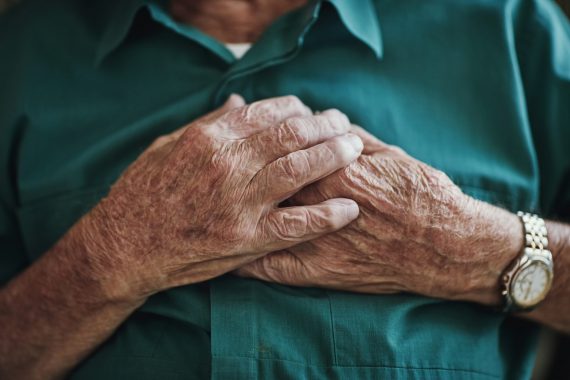NHS England letter: Second phase of NHS Covid-19 response, 29 April

What GP practices need to do over the next six weeks
In a letter sent to GP practices, primary care networks, hospital bosses and other services, NHS England said –
Actions recommended for urgent clinical services over the next six weeks
Primary care
- Ensure patients have clear information on how to access primary care services and are confident about making appointments (virtual or if appropriate, face-to-face) for current concerns.
- Complete work on implementing digital and video consultations, so that all patients and practices can benefit.
- Given the reduction of face-to-face visits, stratify and proactively contact their high-risk patients with ongoing care needs, to ensure appropriate ongoing care and support plans are delivered through multidisciplinary teams. In particular, proactively contact all those in the ‘shielding’ cohort of patients who are clinically extremely vulnerable to Covid19, ensure they know how to access care, are receiving their medications, and provide safe home visiting wherever clinically necessary.
- To further support care homes, the NHS will bring forward a package of support to care homes drawing on key components of the Enhanced Care in Care Homes service and delivered as a collaboration between community and general practice teams. This should include a weekly virtual ‘care home round’ of residents needing clinical support.
- Make two-week wait cancer, urgent and routine referrals to secondary care as normal, using ‘advice and guidance’ options where appropriate.
- Deliver as much routine and preventative work as can be provided safely including vaccinations immunisations, and screening
Screening and Immunisations
- Ensure as a first priority that screening services continue to be available for the recognised highest risk groups, as identified in individual screening programmes.
- Increase the delivery of diagnostic pathways (including endoscopy) to catch up with the backlog of those already in an active screening pathway, followed by the rescheduling of any deferred appointments.
- Antenatal and Newborn Screening Services must be maintained because this is a time critical service.
- Providers and commissioners must maintain good vaccine uptake and coverage of immunisations. It is also likely that the Autumn/Winter flu immunisation programme will be substantially expanded this year, subject to DHSC decision shortly.
Reduce the risk of cross-infection and support the safe switch-on of services by scaling up the use of technology-enabled care
- In response to Covid19, general practice has moved from carrying out c.90% of consultations with patients as face-to-face appointments to managing more than 85% of consultations remotely. 95% of practices now having video consultation capability live and the remaining few percent in the process of implementation or procurement of a solution. GP Practices should continue to triage patient contacts and to use online consultation so that patients can be directed to the most appropriate member of the practice team straight away, demand can be prioritised based on clinical need and greater convenience for patients can be maintained.
- Referral streaming of new outpatient referrals is important to ensure they are being managed in the most appropriate setting, and this should be coupled with Advice and Guidance provision, so that patients can avoid an outpatient referral if their primary care service can access specialist advice (usually via phone, video too).
- All NHS secondary care providers now have access to video consultation technology to deliver some clinical care without the need for in-person contact. As far as practicable, video or telephone appointments should be offered by default for all outpatient activity without a procedure, and unless there are clinical or patient choice reasons to change to replace with in-person contact. Trusts should use remote appointments – including video consultations – as a default to triage their elective backlog. They should implement a ‘patient initiated follow up’ approach for suitable appointments – providing patients the means of self-accessing services if required.
Source: NHS England, letter sent to NHS services on the second phase of the NHS response to Covid-19 [sent 29 April]









